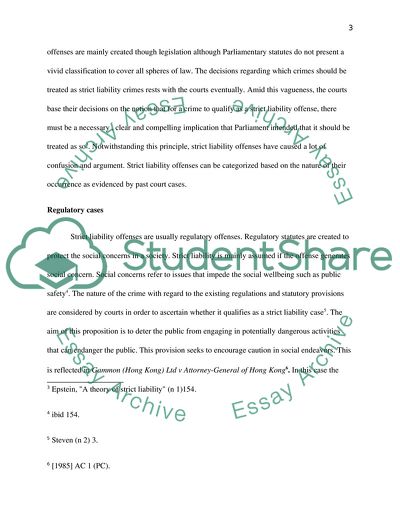Cite this document
(Meaning and Justification for the Strict Liability Concept Report, n.d.)
Meaning and Justification for the Strict Liability Concept Report. https://studentshare.org/law/1835011-justification
Meaning and Justification for the Strict Liability Concept Report. https://studentshare.org/law/1835011-justification
(Meaning and Justification for the Strict Liability Concept Report)
Meaning and Justification for the Strict Liability Concept Report. https://studentshare.org/law/1835011-justification.
Meaning and Justification for the Strict Liability Concept Report. https://studentshare.org/law/1835011-justification.
“Meaning and Justification for the Strict Liability Concept Report”. https://studentshare.org/law/1835011-justification.


